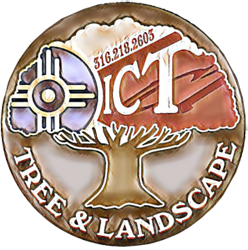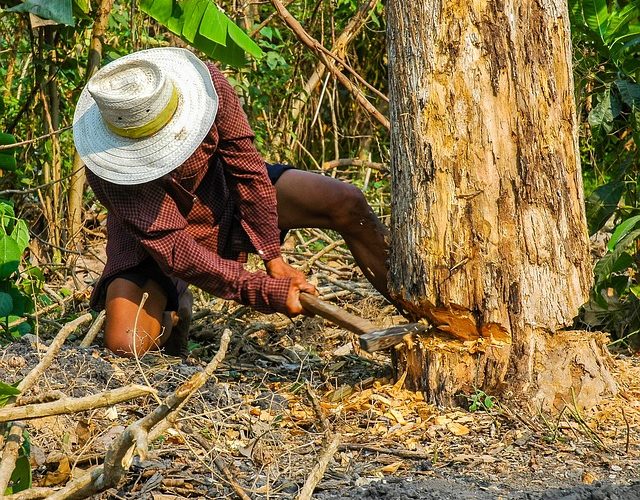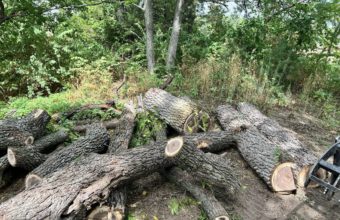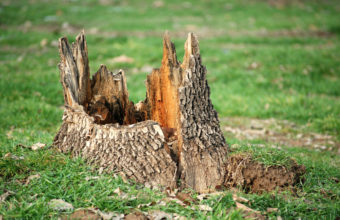No, an arborist is not the same as a logger.
While both professions work with trees, they have distinct roles, responsibilities, and areas of expertise…
Arborists
- Focus – Arborists specialize in the care and maintenance of individual trees, primarily in urban, suburban, or managed landscapes. Their work is geared towards ensuring the health, safety, and aesthetic value of trees.
- Services – They provide services such as pruning, planting, diagnosing and treating diseases or pest infestations, advising on tree care, and sometimes removing trees when necessary. Arborists are often involved in tree conservation and urban forestry management.
- Certification – Many arborists are certified through professional organizations like the International Society of Arboriculture (ISA), which requires passing an exam and maintaining continuing education. This certification underscores their expertise in various aspects of tree biology, care, and management.
- Goal – The primary goal of an arborist is to maintain or improve the health and safety of trees in a landscape, enhancing environmental quality and property values.
Loggers
- Focus – Loggers work in forests and are primarily involved in the cutting down of trees for timber, which is used in construction, paper manufacturing, and other industries. Their work is part of the forestry industry, which focuses on managing forests for wood production and other resources.
- Activities – Logging activities include felling trees, bucking (cutting into specified lengths), skidding (dragging cut trees to a loading site), and loading logs for transport to a mill.
- Skills and Equipment – Loggers use heavy machinery like chainsaws, feller bunchers, skidders, and forwarders. Their work requires knowledge of forestry practices, timber harvesting techniques, and safety regulations specific to logging operations.
- Goal – The primary goal of logging is the production of timber and other forest products, often within the context of managed forestry practices that may include considerations for sustainability and conservation.
Key Differences
- Work Environment – Arborists typically work in more urban or landscaped environments, dealing with trees on an individual basis, while loggers work in forests and deal with trees as a resource for timber production.
- Objectives – The objectives of arborists center around tree health, safety, and aesthetics, whereas loggers are focused on the efficient and sustainable production of timber.
- Training and Certification – Arborists often pursue certification that emphasizes tree care, health, and safety. Loggers may undergo training focused on operational safety, machinery use, and sustainable forestry practices.
While both arborists and loggers are professionals working with trees, their roles, responsibilities, and the nature of their work are significantly different, reflecting their distinct contributions to environmental management and the economy.






